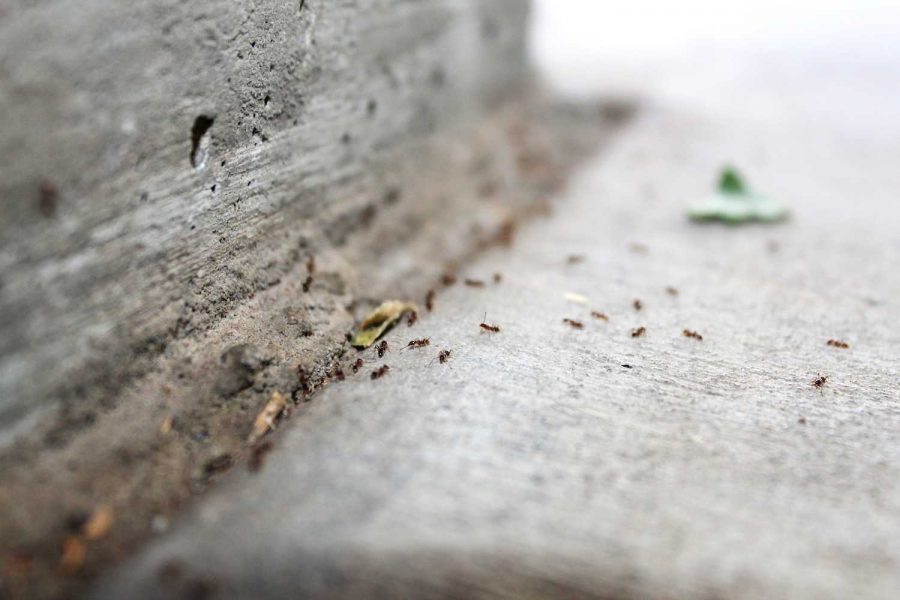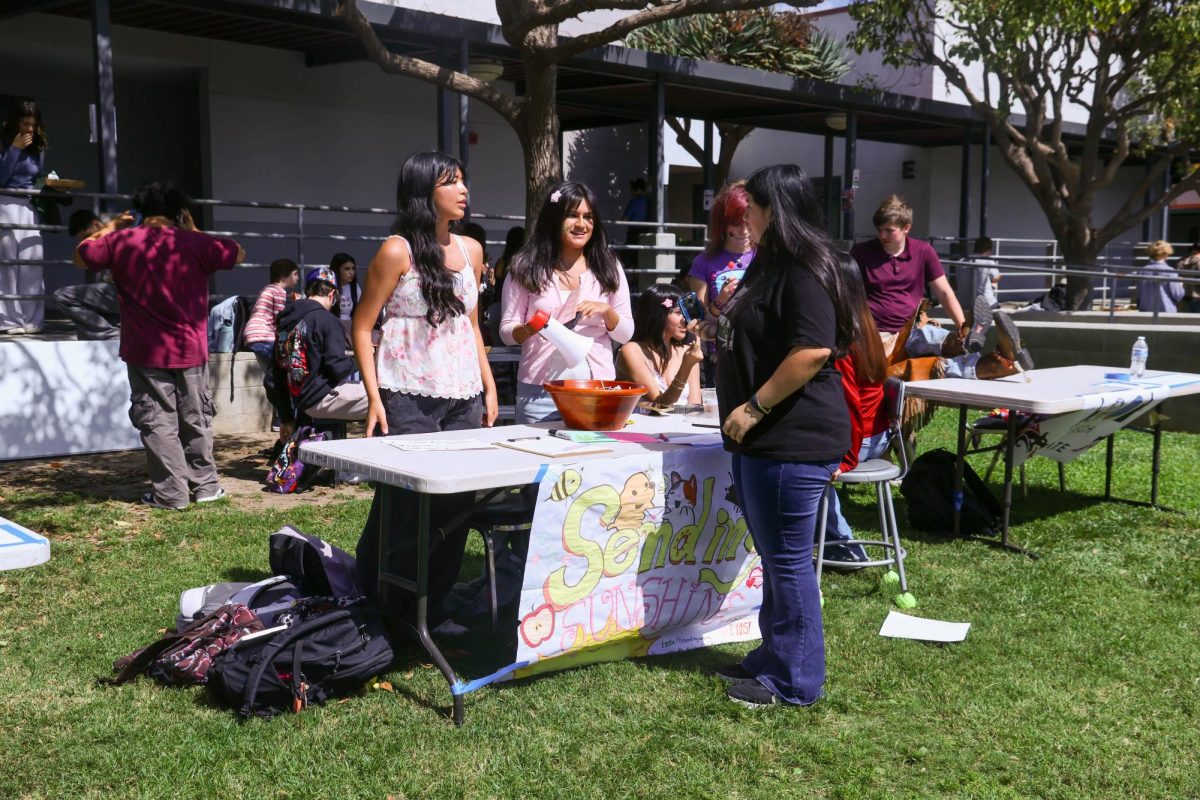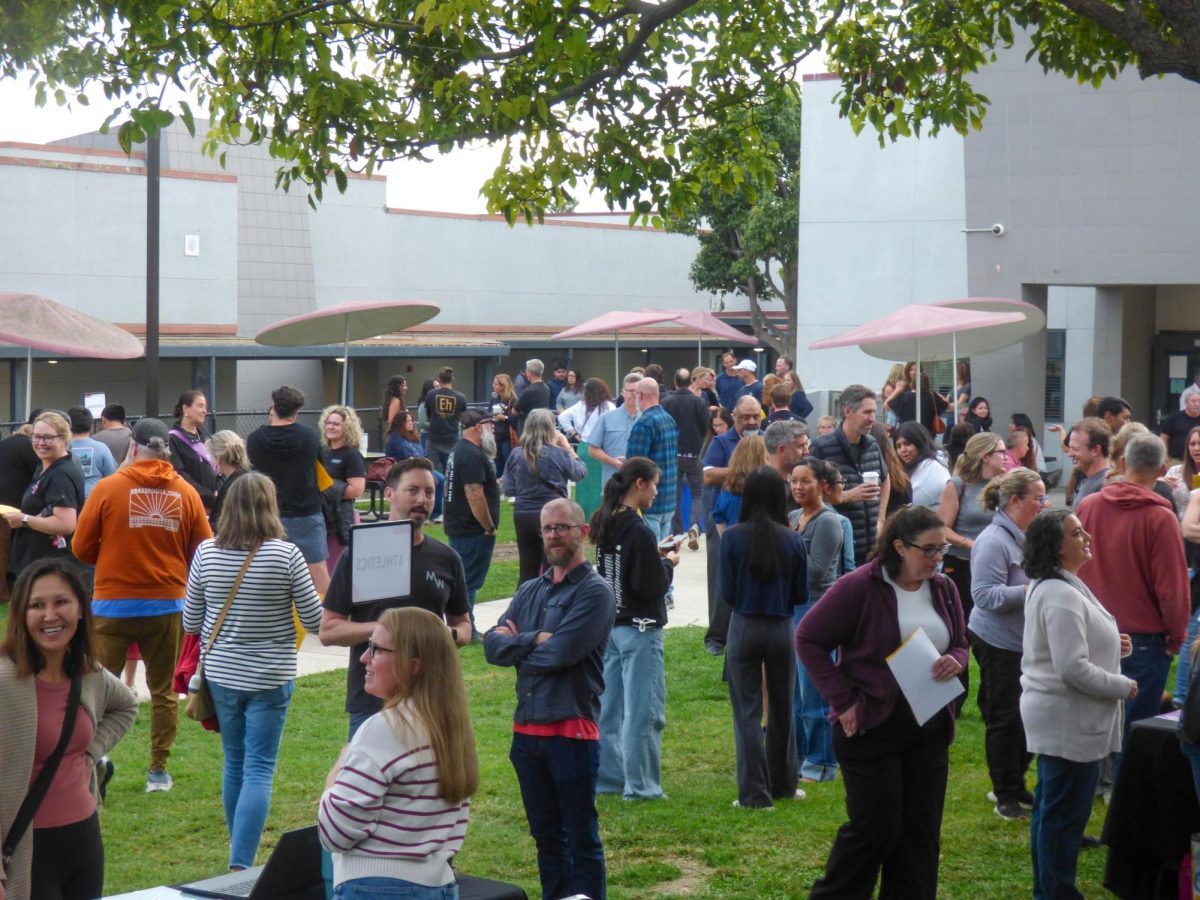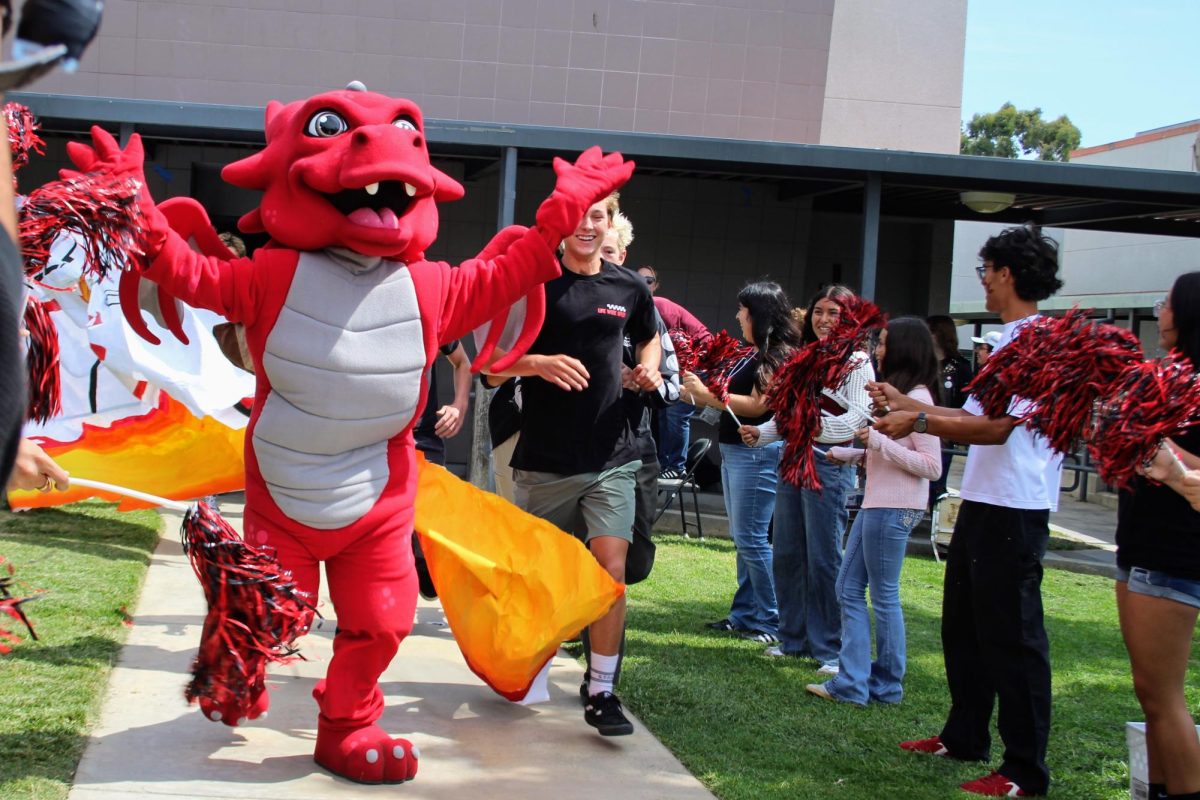This year, many Ventura Unified School District schools have encountered an above-average number of ants in classrooms and cafeterias.
The Integrated Pest Management (IPM) committee met on Sept. 9 to discuss ways to treat the problem. They voted to bypass their rules about pesticides and spray campuses with an insecticide called Phantom.
IPM committee member Eric Reynolds says that ants have always been a problem at schools on the east end of Ventura. However, because of this year’s drought, there are more than usual above ground, searching for food and water.
The ants are so desperate, they have taken to climbing in the electrical boxes and cafeteria freezers of the schools.
There have been incidents reported of the ants “waking up” in students’ food after being accidentally frozen.
“I know for a fact they’ve been in student lunches at various sites,” Reynolds said.
Spraying was originally scheduled for the weekends of Sept. 20, Sept. 27, and Oct. 4 if needed, but the pesticide spraying company was unavailable, so the final dates have not been determined.
According to District policy, they must inform parents with a letter before the spraying takes place.
However, the answer to the problem is not as simple as it seems.
The majority of the ants are Argentine ants, IPM chair Richard Saint said. Native to South America, they have become a pest especially because of the drought.
According to the Center for Invasive Species Research, Argentine ants have no natural enemies, and are aggressive towards native ant species. They live in colonies comprised of several nests, with several queens.
There is a theory that every Argentine ant nest is part of a “supercolony” that spreads 900 kilometers (350 miles) up the coast of California. All these ants recognize each other as belonging to the same colony.
Unlike native ant colonies, if the queen dies, the whole system doesn’t die out.
“We need to do the best that we can with not providing them a good environment to hang around in. We need to clean up after ourselves, we need to not leave food […],” Reynolds said. “Hopefully, if we do, they’ll go somewhere else where food is easier to find.”
The IPM’s rules only allow spraying of a clearly marked bottle of soapy water or a District-provided cleaner to control ants without submitting a work order.
“We put [the rules] in place so we would be able to be as healthy and green as we possibly could so that students are safe,” Reynolds said.
[soundcloud url=”https://api.soundcloud.com/tracks/170279763″ params=”color=c83c1f&auto_play=false&hide_related=false&show_comments=true&show_user=true&show_reposts=false” width=”100%” height=”166″ iframe=”true” /]
However, they decided that the situation was too dire, and that they needed to use a stronger pesticide.
“Any time we go outside of that we look at all the chemical properties, we look at restriction, and we try to find the least toxic thing that will do the job,” Reynolds said.
The Facilities department was going to use Orkin as the pest control company, but they had been unavailable for the weekends that Ventura Unified wanted to spray, so the department is looking for another “knowledgeable, licensed, insured company.”
Foothill students have noticed the increased number of ants outside and in classrooms.
“Last year I didn’t notice them at all, but lately its been a lot more noticeable,” sophomore Olivia Cate said. “Occasionally after being outside I’ll find them on my binders.”
Sophomore Sidney Shinsky also noticed ants in several of her classes, including digital photography. “As I sit on my computer, they crawl everywhere,” she said.
She said that people don’t usually eat in her class, but there are nonetheless more ants than usual.
“We’re trying to do everything we can, within the rules, while trying to keep the kids safe, to control the ant population,” Reynolds said.
Background Photo Credit: Carrie Coonan/The Foothill Dragon Press









